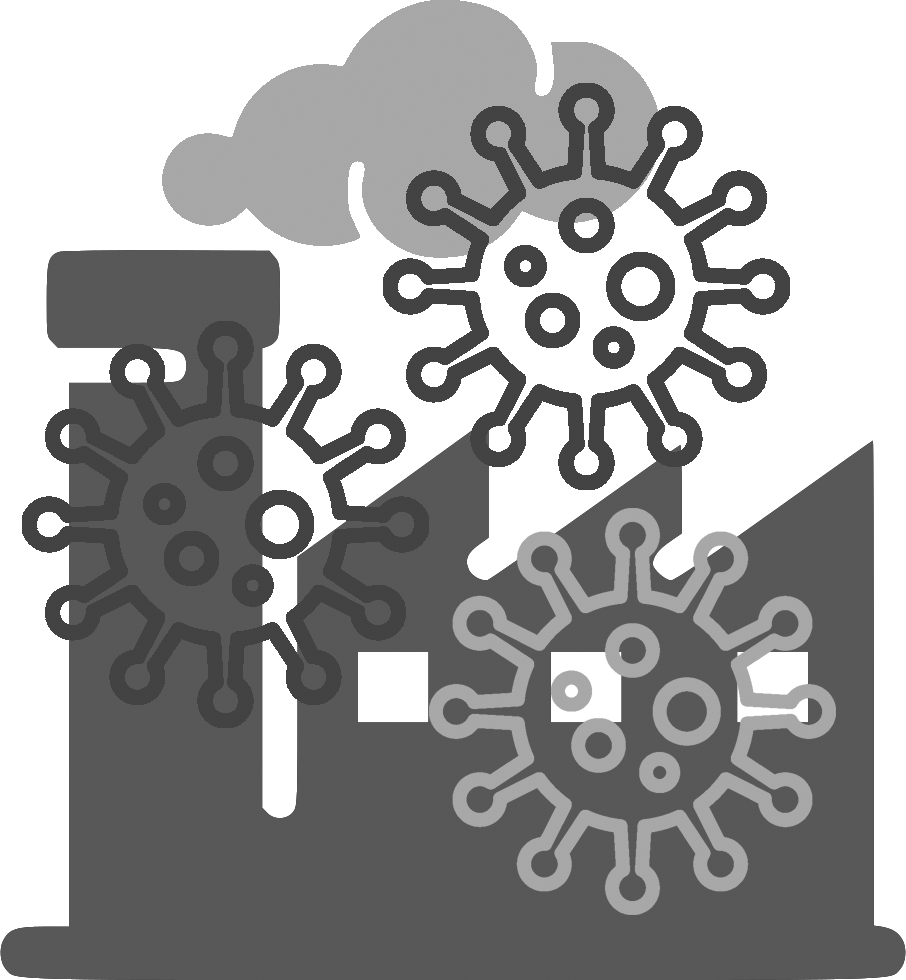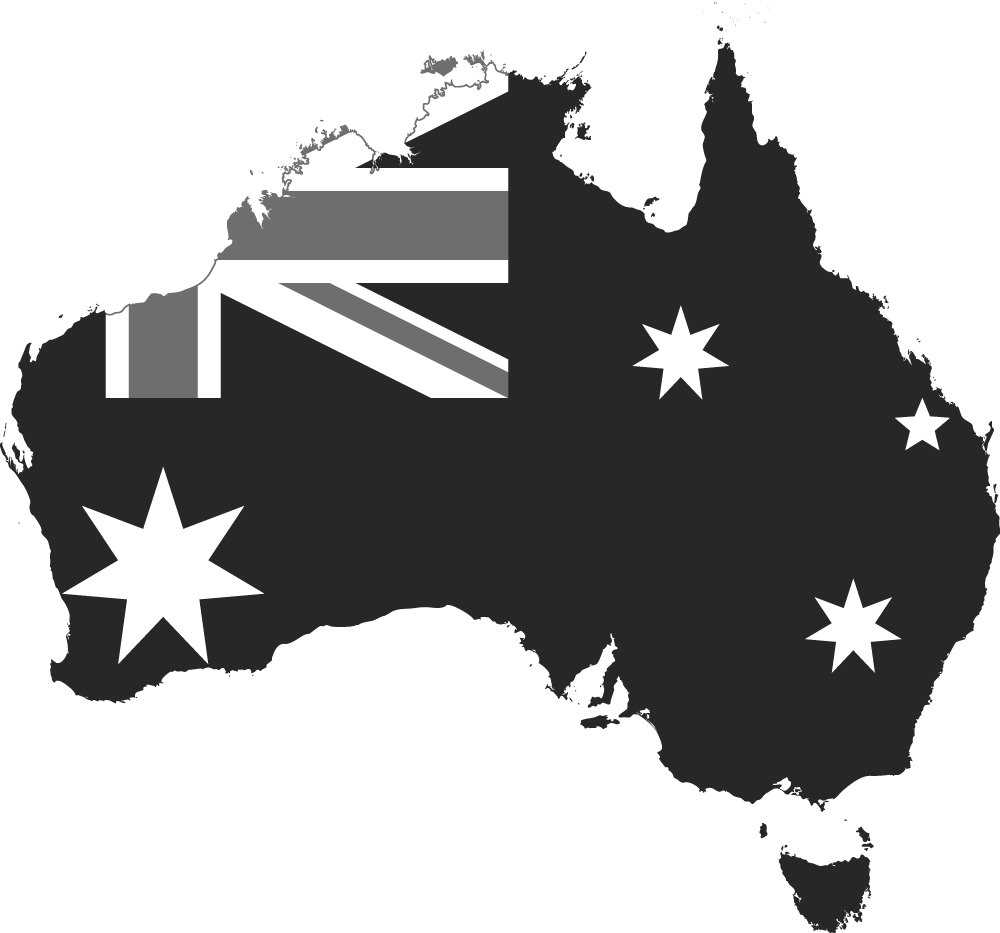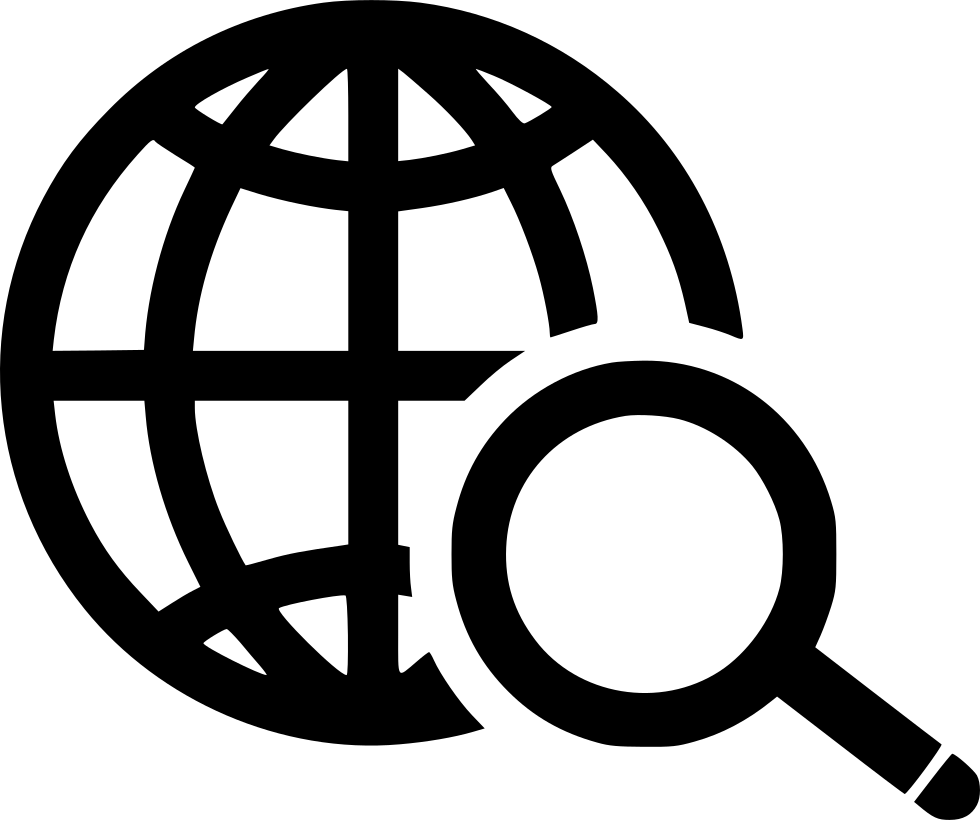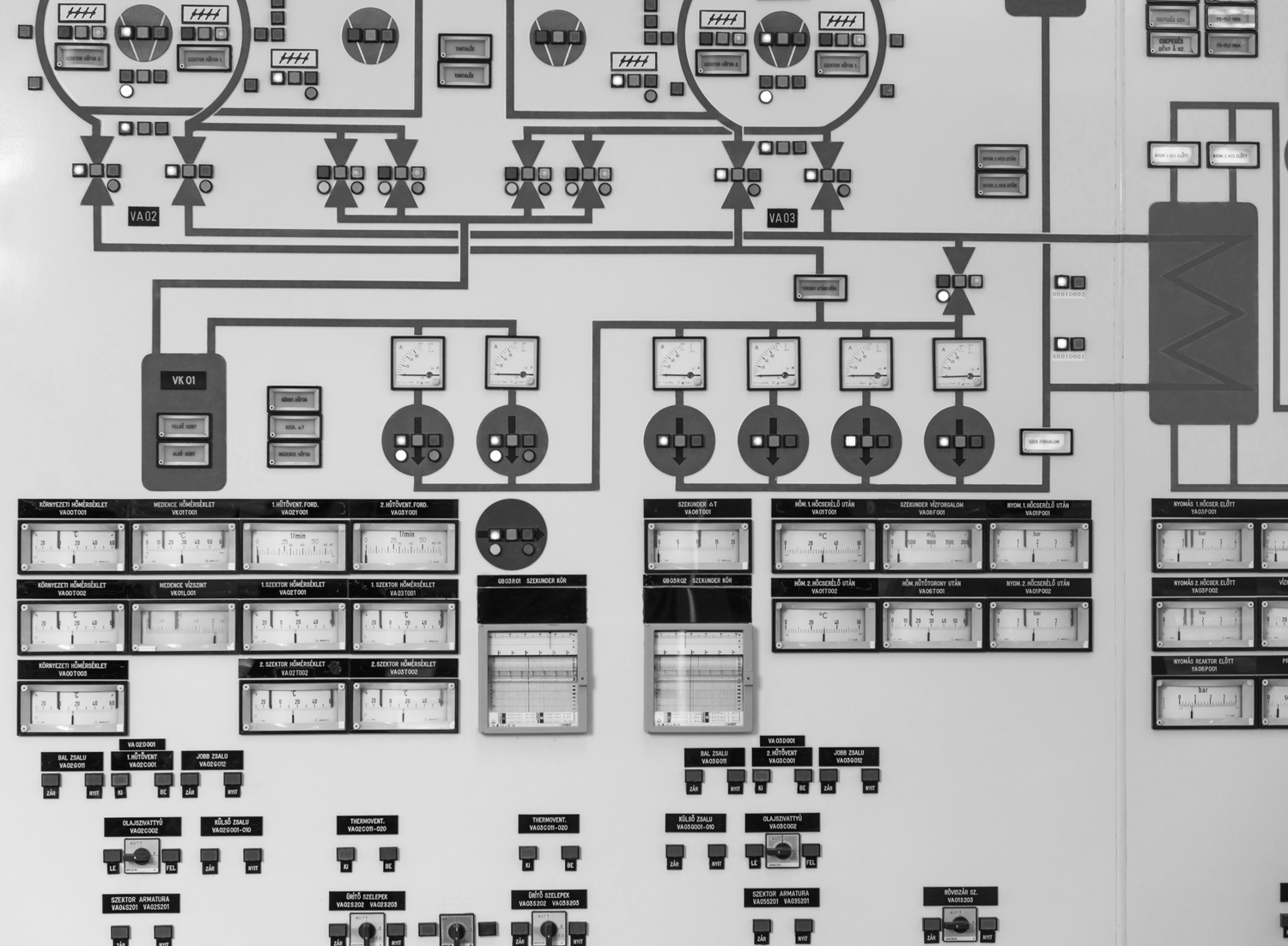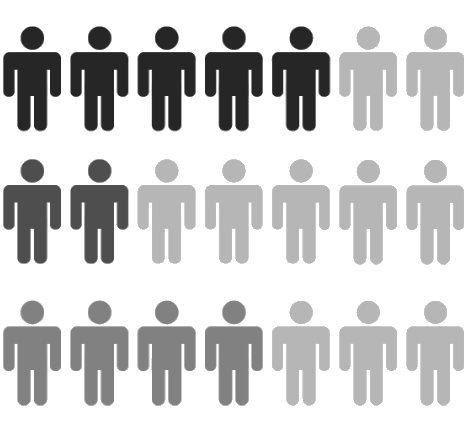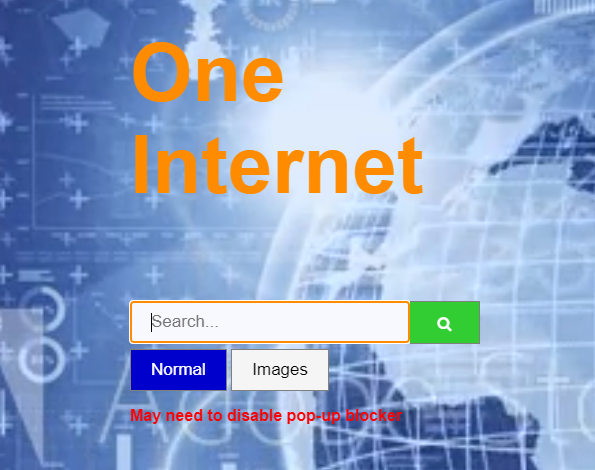One Internet with Many Perspectives


One Internet With Many Perspectives
Context and Role: Coursework for Big Data master's at Warwick. This was a group project. I was responsible for the initial design concept and coding of the main page. My team members helped with the graphics and wrote the exegesis.
Partial Exegesis: ‘Platform capitalism’ leads to a range of complicated effects. One is the influence on the people who frequently use one particular search engine. When searching on one engine, as they only get the results from what the platform wants to show them when, and then will ‘think along with the device’ (Rogers, 2013: 3). That said, from a worldwide perspective, there is no one dominant search engine platform. While Google is popular in certain areas, other engines, such as Baidu in China, are popular in other parts of the world (Rogers, 2013). Although there is one global Internet, different search engines may provide a different result when using the same search. This project aims to illustrate these differences through a web prototype. Although this project may be viewed as a simpler version of ImageAtlas.org (Simon et al, n.d.), we also added the option to generate the normal default search results as well as providing images based on search results. From one web page, you can search and display the results from five different search engine platforms.
The web page was constructed from HTML, jQuery and CSS. Based on the user input, jQuery was used to create the URLs used to initiate the appropriate queries in five tabs on the five search engines. You may need to disable pop-up blockers for it to work correctly.
Rogers, R. (2013). Digital Methods. Cambridge, Massachusetts: The MIT Press.
Simon, T., Swartz, A., and Payne, A. (n.d.). Image Atlas. [website]. Retrieved from http://www.imageatlas.org
Feedback
"This was an excellent project that demonstrates the influence of the design of search services on the filtering and ranking of information on the web. The work demonstrates in a simple gesture the power of algorithmic contextualisation in digital culture. It is a well-known issue, of course - and as the exegesis notes, similarly explored with the Image Atlas project by Taryn Simon and Aaron Swartz - yet there is still something quite powerful when it comes to the actual experience of exploring the diversification of results. Indeed, the exegesis itself reinforces this sense of the project by recounting a few trial terms that were conducted in preparation."
